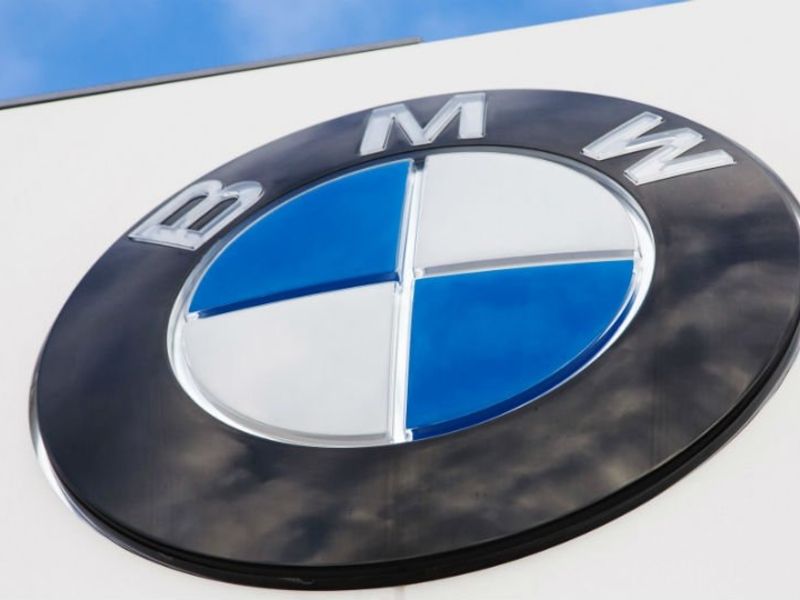
BMW posted record annual sales in China as demand for luxury cars and light trucks and the automaker’s push into electric vehicles helped overcome challenges posed by the global chip shortage and coronavirus outbreaks.
The German automaker delivered more than 846,000 BMW and Mini cars in 2021 with its Chinese partners, up 9 percent from the previous year, it said in a statement Thursday. Sales of new-energy vehicles surged 70 percent to around 48,000.
The figures are reflective of the broader auto market. While total sales rose 4.5 percent last year for the first annual gain since 2018, deliveries of new-energy vehicles, including electric cars, surged 169 percent to 2.99 million units, China Passenger Car Association data released Tuesday showed. The PCA forecast NEV sales will hit 5.5 million this year.
BMW aims to bring seven new energy models to the Chinese market this year, including the locally produced iX and iX3.
The company’s record deliveries shows how premium brands have been more resilient to the chip shortage and supply chain pressures. Volkswagen Group’s Porsche, Bentley, and Lamborghini marques all set annual sales records in China last year, while its main VW brand, including Jetta, posted a 15 percent decline.
BMW is set to increase its stake in its joint-venture with local partner Brilliance China Automotive Holdings to 75 percent from 50 percent after the Chinese government removed the cap that has for decades restricted global brands’ access to the world’s largest car market.
Globally, BMW beat longtime rival Mercedes-Benz to the luxury-car sales crown for the first time since 2015, delivering 2.2 million vehicles last year after better navigating the semiconductor shortage.